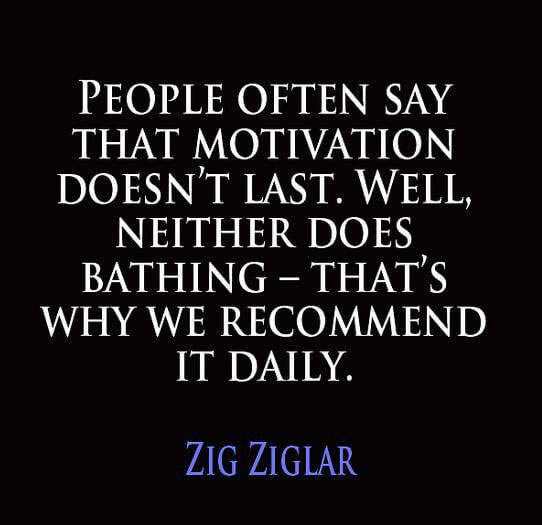
Embracing Experience and Expertise
Midlife brings with it a wealth of experience and expertise. Professional women at this stage have likely navigated various career terrains, honing their skills and accumulating valuable insights. Embracing this wealth of knowledge positions them as seasoned leaders, capable of offering strategic perspectives that can shatter the glass ceiling.
Resilience in the Face of Challenges
Midlife professionals, having weathered numerous challenges, develop a remarkable resilience. This resilience becomes a powerful tool for breaking through barriers. Whether facing workplace biases or navigating intricate corporate landscapes, the ability to bounce back from setbacks is a distinctive strength that propels midlife women toward success.
Building a Supportive Network
One key to overcoming the glass ceiling is cultivating a supportive network. Midlife women can leverage their extensive professional connections, fostering mentorship and collaboration. Building alliances within and outside their organizations creates a robust support system, empowering them to break through barriers collectively.
Embracing Continuous Learning
In a rapidly evolving professional landscape, midlife professionals who embrace continuous learning stay ahead of the curve. This commitment to staying informed about industry trends and acquiring new skills not only enhances their professional value but also challenges stereotypes about midlife professionals being resistant to change.
Redefining Success on Their Terms
Breaking through the glass ceiling involves redefining success on individual terms. Midlife professionals may prioritize work-life balance, job satisfaction, or mentorship over traditional notions of climbing the corporate ladder. This shift in perspective allows women to carve unique paths, challenging systemic barriers in the process.
Leading with Authenticity
Authentic leadership is a formidable force in dismantling the glass ceiling. Midlife women, drawing on their experiences, can lead authentically by bringing their whole selves to the table. This genuine approach not only fosters a more inclusive workplace culture but also inspires others to break through their own barriers.
Fostering Diversity and Inclusion
Midlife female professionals are well-positioned to champion diversity and inclusion initiatives. By advocating for equitable practices and policies within their organizations, they contribute to dismantling systemic barriers that perpetuate the glass ceiling. This commitment creates an environment where talent rises based on merit rather than gender.
In conclusion, breaking through the glass ceiling as a midlife female professional involves leveraging experience, resilience, and a commitment to continuous growth. By building supportive networks, embracing individual definitions of success, leading authentically, and championing diversity, midlife women can not only break through barriers themselves but also pave the way for the generations that follow. The glass ceiling, though persistent, is not impervious to the strength and determination of midlife female professionals on a mission to achieve new heights.
Hugs & High Fives, Allie💛








